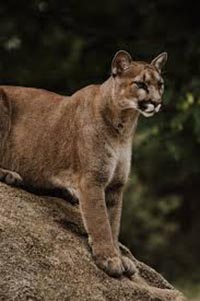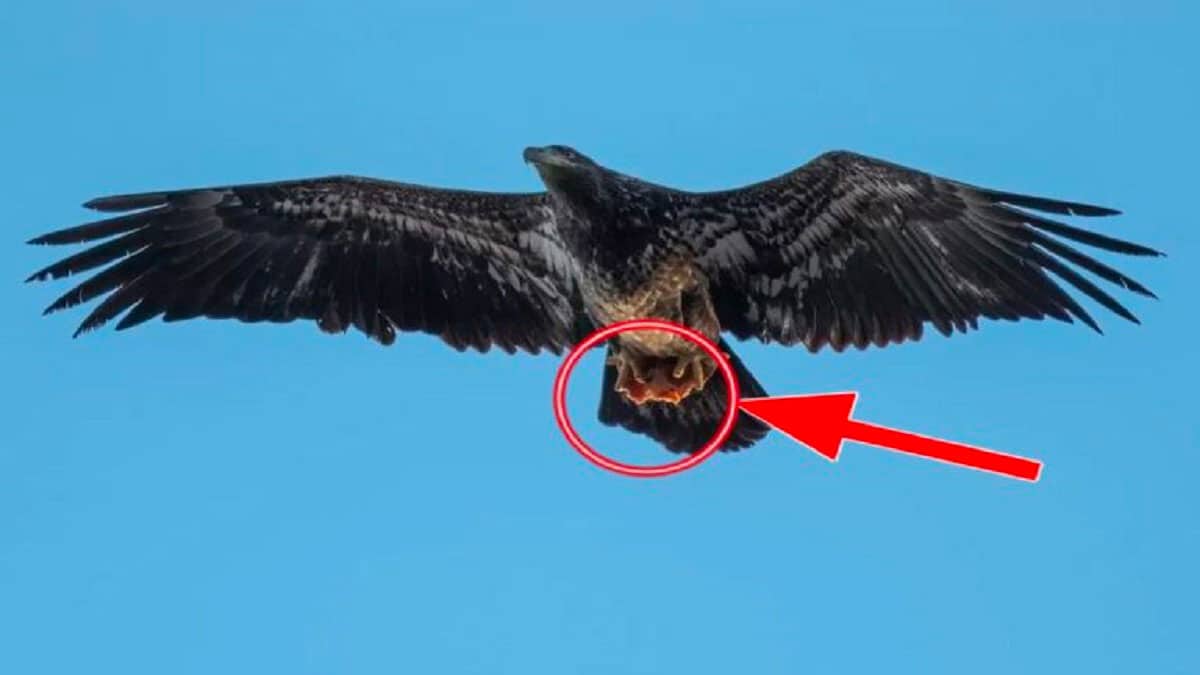Title: A Call for Ethical Wildlife Practices: Endorsing Proposition 127
As erstwhile and present delegates of Colorado Parks and Wildlife (CPW) Commissioners – the select individuals tasked with shaping wildlife administration policy – we urge our constituents to cast a resounding “YES” in favor of Proposition 127. This important proposed legislation seeks to shield the stupendous mountain lions and bobcats that grace our breathtaking Colorado wilderness from undue and unnecessary censure unwarranted by reason or science.
We find it puzzling and discomforting to see an industry that encourages the hunting of majestic wild cats – by dogs, no less – persist. A pack is unleashed onto the tranquil landscape, their moves carefully tracked via sophisticated technology including mobile apps and often drone assistance. In a scene more akin to a canned hunt, our indigenous fauna find themselves chased relentlessly by their canine assailants, until they eventually seek refuge up a tree. Such pursuits rarely end well for the hunted, who when confronted by a trophy-hungry hunter, rarely stand a chance.
Adding insult to injury, bobcats suffer a fate akin to their majestic lion counterparts, albeit through different means. Caught by the tantalizing aroma of sardines or oily cat food ensconced in cages strewn across our wilderness and exposed to the harsh elements, these beautiful creatures endure incredible stress as they await their grim fate. To avoid bloodstains on their pelts that are later auctioned as luxury fur goods, these helpless animals are often choked to death slowly.
With no engagement in human conflict whatsoever, this eerily permissive environment for wanton extermination is starkly at odds with Colorado’s longstanding commitment to ethical hunting, an activity traditionally rooted in the principle of fair chase.
However, Proposition 127 offers a chance for redemption, giving constituents an opportunity to acknowledge that not all hunting is defensible, especially when it involves such heinous, state-endorsed acts against wildlife.
In a sobering perspective, it emerges that close to fifty percent of the lions brutally terminated each year for recreational purposes are females. Trophy hunters are urged to look out for their offspring but in vain, since these wily lionesses often leave their vulnerable young safely tucked away in their dens whilst they go in search of nourishment.
As we continue down this morally dubious path, we inadvertently invite graver threats to our humanity in favor of leveraging modern technology that grants an unjust advantage, simultaneously disrespecting our native wildlife and our hallowed hunting conventions.
Every year, we are reminded of the historic time three decades ago, when the Colorado Division of Wildlife’s revered bear biologist, Tom Beck, publicly supported Amendment 10, a critical piece of legislation aimed at protecting bears from inhumane baiting practices and killing methods that often ended up orphaning bear cubs.
The doughty Beck faced unrelenting backlash from radical interest groups for his unwavering commitment to wildlife and Colorado. His colleague, Bruce Gill, also suffered a similar fate for astutely noting the blatant reality that the mindless killing of lions would not address the issue of dwindling deer numbers – a fact convincingly validated by CPW through an exhaustive six-year investigative study conducted recently.
In the spirit of Beck’s legacy, it is crucial that we acknowledge that while most hunting can be supported, not all hunting practices are defensible. During such times, it is incumbent upon us to discern the difference and rise above the clamor of extremist voices resistant to change.
Mountain lions not only selectively target mule deer infected with Chronic Wasting Disease (CWD), but they are also naturally equipped to purge CWD from our environment. As an agency anchored in science, we are held to a high standard of evidence-based decision-making.
Allowing the hunting of lions seems to have exacerbated human-lion conflict, with studies suggesting a 36 percent to 240 percent increase in complaints and livestock depredations in areas where lion hunting was prevalent.
Proposition 127 rests not on speculation but on over half a century of methodical and comprehensive scientific findings that provide us with the confidence to assure voters that lion populations will stabilize, not inflate, without hunting. So let’s cast a “YES” for Proposition 127 and for ethical wildlife practices in Colorado.




